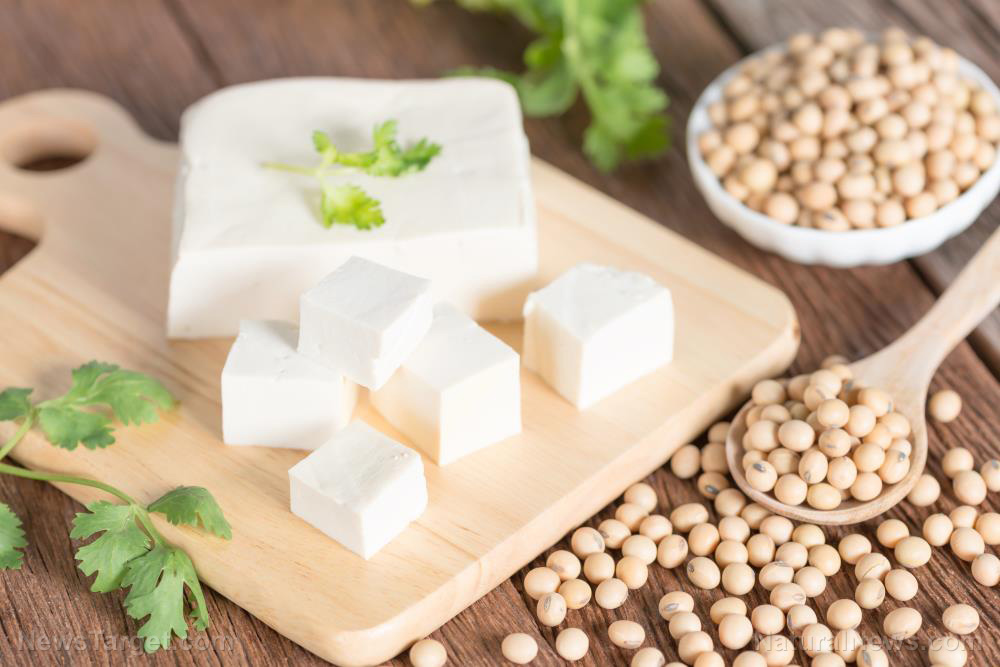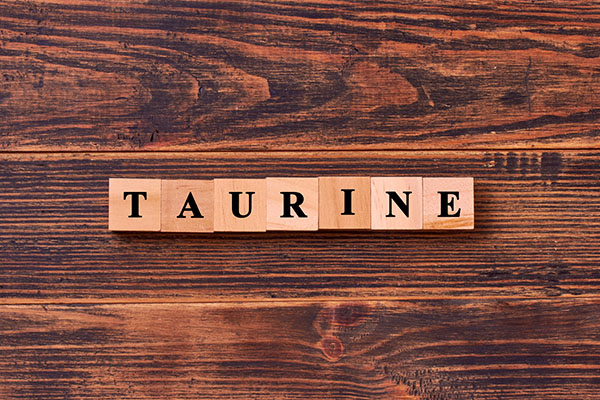You CAN be vegan and still get your calcium
11/26/2019 // Melissa Smith // Views
Tags: #nutrition, calcium, Diets, disease prevention, food cures, food is medicine, functional food, goodfood, goodhealth, non-dairy, nutrients, plant-based, superfoods, vegan

- Soy foods – Soybeans are naturally loaded with calcium. Foods made from soybeans – such as natto, tempeh, and tofu – are also rich in this mineral. In addition to calcium, soy foods are also a great source of fiber, vitamins, and minerals. They are also one of the few plant foods considered as a complete source of protein.
- Beans, lentils, and peas – Beans and lentils provide good amounts of calcium. In addition, they are also loaded with other nutrients, such as folate, iron, magnesium, potassium, and zinc. However, they also contain antinutrients like phytates and lectins, which reduce your body’s ability to absorb nutrients. To lower their antinutrient levels and make nutrients more absorbable, soak, sprout, and ferment beans and lentils. Adding beans, peas, and lentils to your diet can also help lower your cholesterol and reduce your risk of chronic diseases like Type 2 diabetes and heart disease, as well as premature death.
- Nuts – All nuts contain small amounts of calcium, but almonds are especially rich in this nutrient. Brazil nuts come in second, followed by hazelnuts, macadamia nuts, pistachios, and walnuts. Nuts also contain good amounts of fiber, healthy fats, and protein. Moreover, they are packed with antioxidants and are good sources of B vitamins, copper, magnesium, potassium, selenium, and vitamins E and K. Adding nuts to your diet may also help you lose weight, reduce blood pressure, and lower your risk factors for metabolic diseases, such as Type 2 diabetes and heart disease.
- Seeds – You can also get calcium from seeds and their butter, although the amount they contain vary depending on the variety. Seeds such as tahini, chia, and flax are some of the best sources of calcium. Like nuts, seeds also offer fiber, healthy fats, minerals, protein, and beneficial plant compounds. They may also protect against heart disease and diabetes.
- Grains – Certain grains provide good amounts of calcium. Teff and amaranth are two gluten-free grains that offer calcium and fiber.
- Seaweed – Eating seaweeds, such as wakame and kelp, is another way to boost your calcium intake. However, you need to limit your seaweed intake because some contain heavy metals and high amounts of iodine, which can be bad for your health.
- Some leafy greens and cruciferous vegetables – You can increase your calcium intake by eating vegetables like broccoli, turnip greens, and kale. The calcium and other nutrients in these vegetables are easily absorbed by the body, and boiling them will further enhance absorption.
- Several fruits – Fruits like figs, oranges, blackcurrants, blackberries, and raspberries are also good sources of calcium. In addition, these fruits also contain fiber, vitamin C, and various vitamins and minerals that your body needs.
- Fortified foods and drinks – Another way to increase your calcium levels is to consume foods and drinks fortified with calcium, such as plant milk, yogurts, flour, orange juice, and some types of cereal. However, remember that not all kinds of plant milk are fortified, so it’s best to check the label first before buying to see how much each food contains.
- Blackstrap molasses – Blackstrap molasses is the thick, syrup-like byproduct of the sugar cane that has been boiled three times. Unlike sugar, it contains an array of vitamins and minerals, including calcium, iron, selenium, vitamin B6, magnesium, and manganese. However, blackstrap molasses is high in sugar, so you should consume it in moderation. (Related: Blackstrap molasses can improve hair growth and color.)
These calcium-rich foods are ideal for people who follow a vegan diet or those who are lactose intolerant. Calcium is a mineral important for building and maintaining strong bones. It also plays an important role in muscle contraction, blood clotting, blood pressure regulation, and nerve transmission. In addition, calcium is a co-factor for many enzymes, which means that its presence is important for other enzymes to work efficiently.
Sources include:
Related Topics
#nutrition calcium Diets disease prevention food cures food is medicine functional food goodfood goodhealth non-dairy nutrients plant-based superfoods veganLatest News
Related News
07/02/2023 / By Ethan Huff
06/27/2023 / By Kevin Hughes
06/21/2023 / By Evangelyn Rodriguez
06/19/2023 / By Ethan Huff
06/12/2023 / By Zoey Sky
06/05/2023 / By Zoey Sky
Take Action:
Support Natural News by linking to this article from your website.
Permalink to this article:
Copy
Embed article link:
Copy
Reprinting this article:
Non-commercial use is permitted with credit to NaturalNews.com (including a clickable link).
Please contact us for more information.
Please contact us for more information.























